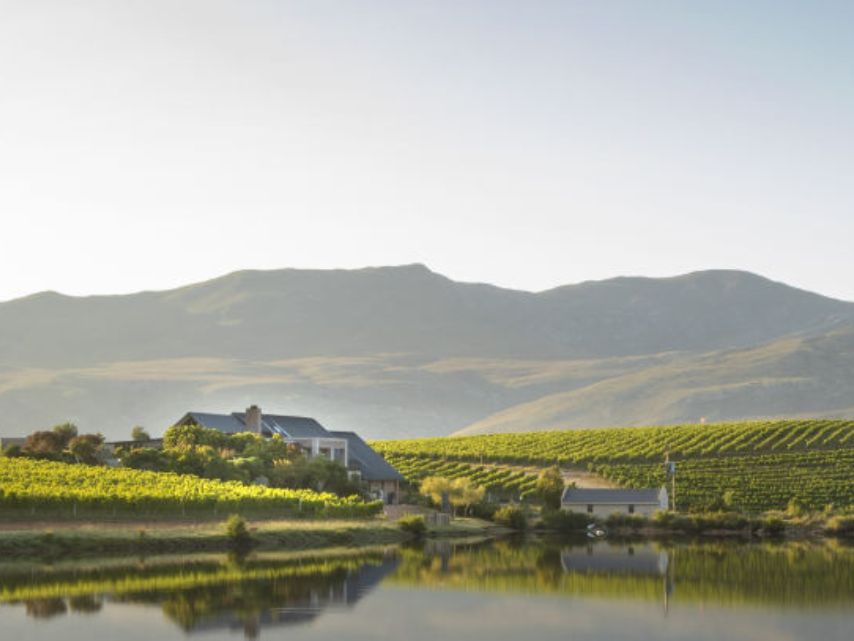Roots of Legacy
The story of Creation Glenn’s Chardonnay is rooted in two continents and four generations of pioneer winemakers. It is the story of the Martin family who painstakingly established their winery on the steep banks of Lake Bienne in Switzerland way back in 1935. It is also the story of the Finlayson family who since 1947 have established no less than eight successful wine estates in South Africa.
A Match Made in the Stars
Wine, they say, is the official beverage of love and it was written in the stars that Jean-Claude Martin and Carolyn Finlayson should meet, fall in love and get married in 1999. In 2002 the idealistic young couple discovered their little piece of paradise on the Hemel-en-Aarde Ridge. Naming it Creation, they set about developing it from scratch into a trendsetting estate within a few years.
A Legacy Continues:
Fast forward to 2020 and enter Glenn Martin, son of Jean-Claude and Carolyn. At the time he was a student of Viticulture and Oenology at the University of Stellenbosch, working as an intern in the Creation cellar during the holidays. Along with his tasks of cleaning tanks and washing barrels, Glenn was delighted to join forces with his highly accomplished father to make his début Glenn’s Chardonnay, thus becoming the fourth generation winemaker in the Martin and Finlayson families.

Uniquely Positioned Vineyard
The grapes for the 2021 Creation Glenn’s Chardonnay were grown in a small pocket within a single vineyard of clone 96 grapes. Planted on 550-million-year-old seams of quartz that literally sparkle in the vineyard, the vines also enjoy the benefits of cooling Atlantic breezes. This translates to a long ripening season, ideally suited to producing Chardonnay of great elegance and finesse.
Crafted with Precision
Regular cloud cover filters out sunlight and brings forth a hauntingly beautiful, restrained style of Chardonnay, with the acidity and texture setting it apart from the broader style of warmer climate wines. Spontaneous fermentation took place in 50% second-fill and 50% new French oak barrels and the wine was left on the lees for a further 10 months while undergoing malolactic fermentation. True to the Creation philosophy of minimal intervention, no fining or filtration took place. A mere 600 bottles were released, making each bottle a collector’s piece.










